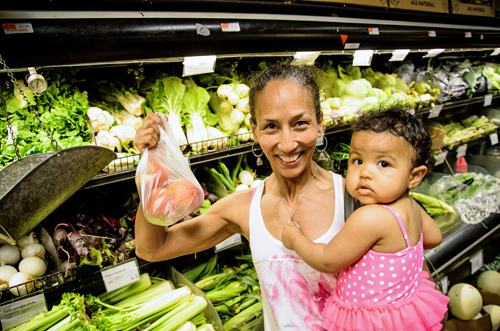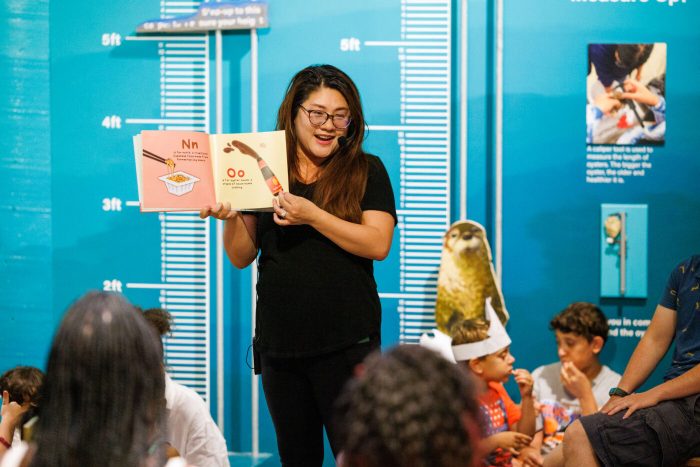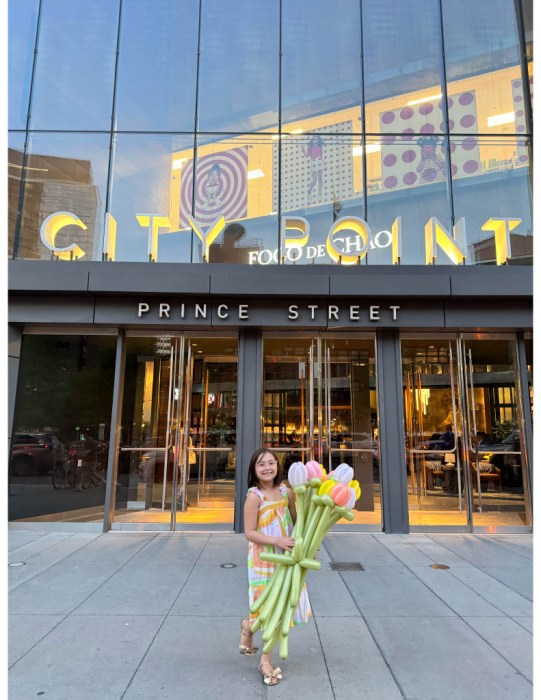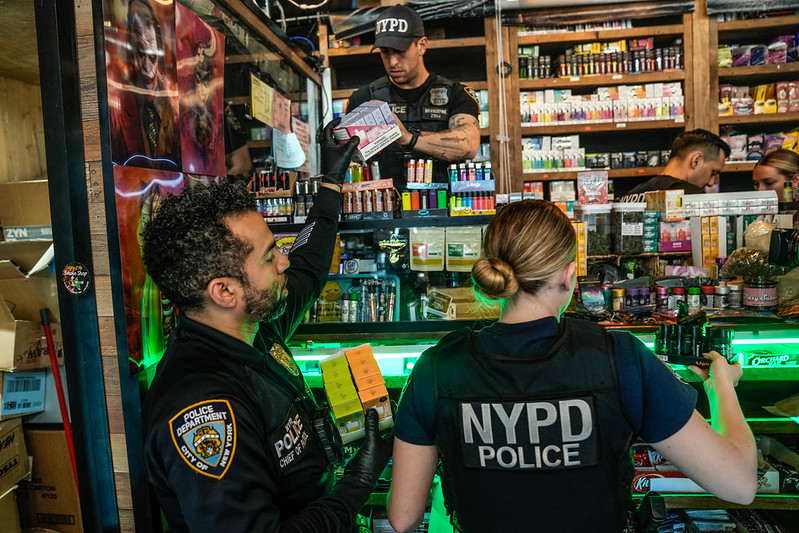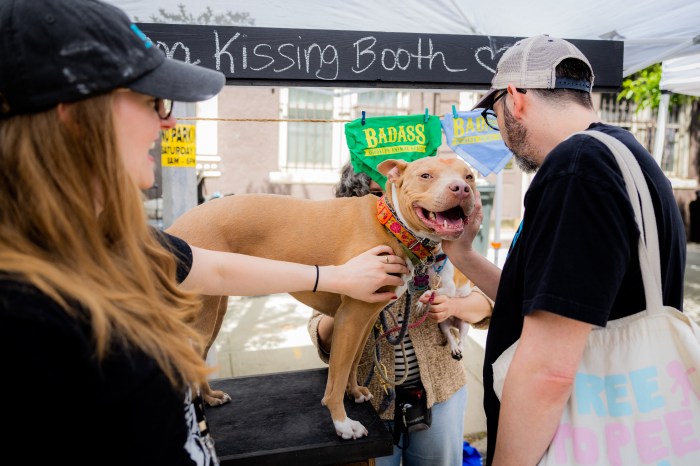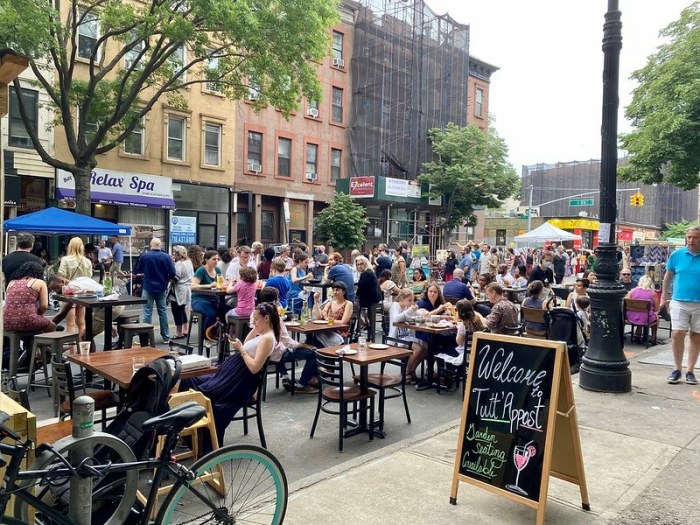First they came for the plastic bags. Now they are coming for the other plastic bags.
A proposal to banish plastic produce bags — the kind used by patrons to store cucumbers and apples while they shop — from the Park Slope Food Co-op is tearing the famously progressive, shopper-run grocery store apart.
Co-op bean counters are at odds with the store’s environmental committee (yes, it has one, as all businesses should), which is lobbying to stop freely offering the more than 7,000 plastic roll bags the store’s customers use a day, and which end up in landfills.
“This proposal is a good step toward lightening our plastic footprint,” said Jenna Spevack, an environmental committee member who added that patrons would be free to bring their own plastic produce bags and reuse them. “The goal is to encourage reuse, and many members have started to carry a few bags in their purse or backpack.”
But other members say nixing the widely used plastic bags for a pricier non-plastic alternative will cost members more money, make it harder for customers to shop, and could present a hygienic issue for those who choose to protect their food with the plastic bags for sanitary reasons, according to a thorough argument against the proposal post on the grocery store’s website.
The co-op successfully banned plastic shopping bags from the store in 2008, but the managers say that stripping the store of the plastic roll bags used to carry items like organic bunched kale and bulk grains would be detrimental for business and may even push some members to quit the 40-year-old co-op.
“Operationally it will be disruptive and I think it would upset people,” said Anne Herpel, a manager at the store. “It would have greater unintended consequences.”
She claimed that removing the plastic roll bags will likely change shoppers’ habits and could even force them to switch to pricier pre-packaged items instead of the loose, locally-grown fare if they forget to bring a reusable bag and opt to not buy a cotton muslin drawstring bag for $1.25 at the co-op.
Still, the environmental committee, which pushed to have a charge for the roll bags included in the 2008 ban of plastic shopping bags, said that the free distribution of the plastic roll bags violates the co-op’s environmental policy and mission statement, according to a slide show detailing the proposal.
The bags are made from cheap, nonrenewable natural gas, which encourages to the controversial practice of fracking, and goes against the co-op’s stance against fracking, according to the environmental committee.
The proposal to get rid of the plastic roll bags was originally up for a vote by membership at a meeting of the co-op in May, but the vote was postponed because the several hundred members that showed up could not all fit in the auditorium at Fifth Avenue’s MS 51.
The vote will be rescheduled for the fall once the co-op secures a larger meeting space, said Herpel.
Until then, some members of the grocery store are hoping that the proposal does not go through.
“I would not be happy,” sxaid frequent shopper Beth Kleber, who uses the plastic bags to carry items like vegetables and cilantro. “I understand their motives and that their hearts are in the right place, but I just don’t agree with going cold turkey like that.”
The co-op’s roll-bag strife isn’t the only plastic bag controversy going on in the Slope.
Last month, the neighborhood reasserted its role in the vanguard of the anti-plastic-shopping-bag movement when an environmental-advocacy coalition involving Councilman Brad Lander (D–Park Slope) rallied to demand that the city ban the ubiquitous shopping paraphernalia.
Reach reporter Natalie Musumeci at nmusumeci@cnglocal.com or by calling (718) 260-4505. Follow her at twitter.com/souleddout.



